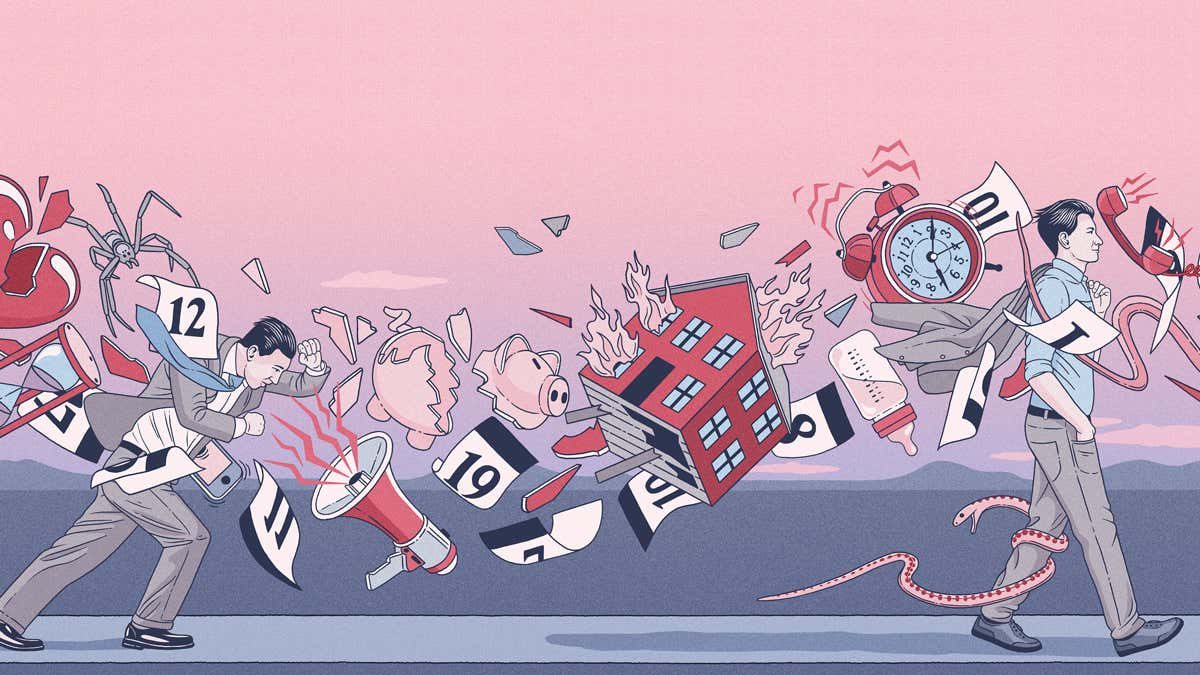Overthinking is the byproduct of fear and self-doubt that often gets in the way of your creative space, making it harder on ourselves. For artists & creators, a mind unfettered by self-doubt or worry is what helps us achieve peak performance. Here are a great bunch of tips to take home and make part of your lifestyle.
1. Enjoy the Process

Some of the most incredible creative outputs come by letting go of the outcomes artist usually hang on to. Don’t think about who’s going to like it or hate it. It is a process of self-growth and shouldn’t be measured against anything because this is an extremely personal process. Develop a strong habit of following your instinct and feeling while enjoying what you’re doing. Remember when you first started, you barely knew anything and still enjoyed making something so much. The good news is there are always fresh opportunities to feel good and to be happy, the odds of making it when you enjoy the process are greater!
2. Being a Critic vs being a Narcissist

The two crucial sides to every artist, the one that you feed gets stronger. Being critical is very important as a self-development tool, but lest it becomes a self-destructive tool. If you’re often finding yourself hating your work a lot, that’s normal as long as you also have work that you’re obsessed with and keep nurturing that, eventually the other demon will go away. Vulnerability with one’s self-esteem makes individuals with narcissitic personality disorders and become very sensitive to rejection and failure.
3. Practice makes Perfect

This is one of the most crucial habits, the longer you do something, the better you get at it. Along with the experience comes confidence. Regardless of how long you practice, dedicating daily time to your craft may surprise you with the kind of results achieved in states that you thought was impossible to have conjured anything. We’ve all heard even the biggest of artists and creators always mention that no matter how hard the journey got, they always practised their skill on a daily basis, there ought to be some truth in that I’d say.
4. Unrealistic Perfection

Finishing your project is far more important than trying to be perfect. Most often things stay stagnant or incomplete in the pursuit of perfectionism. If you have an exciting story to tell or a concept to present that’s good enough, the details can always be worked out later. Chasing ‘Perfectionism’ is a big risk factor for obsessive-compulsive disorder, obsessive-compulsive personality disorder, eating disorders, social anxiety & workaholism, and if you tread too often down this path it can contribute to serious health problems and sometimes self-harm and even early mortality.” Or in other words, you can stress yourself into an early grave.
5. Seek Feedback

Another set of eyes, ears or thoughts on your work is necessary. Establish a set of reliable peers you can always seek honest feedback from to nail those shortcomings. Once you get comfortable doing this, it will become a part of your process and establish confidence in you. Feedback comes in three forms: an appreciation, mentoring, and evaluation. It’s not always about pointing out someone’s mistakes or flaws. So make sure you’re going to the right & healthy places to seek this feedback.
6. Version of You

The only person you should compare yourself with is a former version of you. Think about the leaps of progress you’ve made since you first started. Don’t get caught up in someone else’s timeline, everyone’s path is different. You have your purpose to work towards so, constantly comparing yourself unrealistically is the one thing you should stop. Think back to the time when you first began your art, you were probably clueless, notice that growth and embrace it, don’t look outside for comparison, look for new inspiration and perspective instead.
7. Collaborate

Choose someone you can work with that has a skill set that you lack. Make this a fun process again without having any expectations. You’ll see that opening yourself up to a peer will teach you new skills and habits. Most often we are our biggest enemies critically, letting someone into your artistic habitat is a beautiful way of making progress.
8. Going Forward & Backward

Revisit old work that you’ve completely forgotten about, it can be a great reminder of how far you’ve come or you may realise you made something in the past that is way better than what you’ve made today, just that you were not a good judge of yourself at that time. Maybe even re-work an old idea with the new techniques that you’ve recently acquired.
Follow Beatworx Studio
Facebook | Instagram | Website | YouTube
For more information on our DJ & Music Producer courses head over to our website, or you can also check out our YouTube or Instagram for a bunch of free content.

I have been in the entertainment business for more than a decade. From playing in clubs to managing them and from being a part of competitions to judging them, I’ve come a long way in being on both sides of the industry. A headstrong personality to deal with and a perfectionist. I monitor DJ student progress, help them find placements, and brand building activities.
